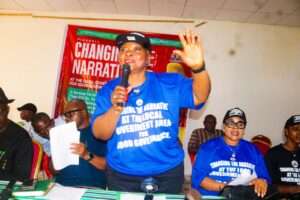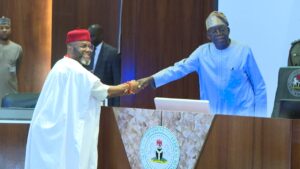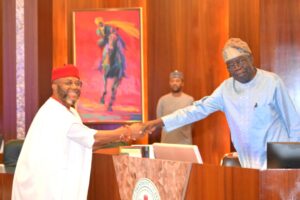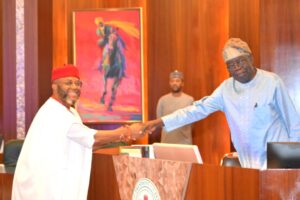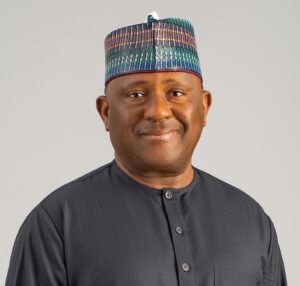
Nigeria Needs Compulsory Voting — But Is the Nation Ready? ~ Youth /Civic Right Advocate , Ekejiuba
As Nigeria continues to struggle with declining voter turnout and persistent election irregularities, civic advocate Daberechi Kingsley Ekejiuba has renewed his call for compulsory voting, asserting that it could be the game-changer the nation needs. But he also cautions that the system must be reformed first to make such a move feasible.
Ekejiuba, a youth civic engagement expert, draws inspiration from his late grandfather, Ekejiuba Nnubia, a principled subsistence farmer who was deeply interested in public affairs. “He would always remind me that there’s hardly any road no man has traveled,” Ekejiuba recalls. That wisdom, he says, is more relevant than ever as Nigeria faces the entrenched problem of voter apathy.
Despite electoral reforms such as the reduction of political parties to 18 and the introduction of electronic voting in the 2023 general elections, voter turnout remained abysmally low. With over 65% of registered voters staying away from the polls, billions of naira spent by the Independent National Electoral Commission (INEC) effectively went to waste. Ekejiuba notes that more than 67 million ballot papers were unused, resulting in a financial loss of at least ₦670 million on paper alone.
“Democracy suffers most not from autocrats but from citizens who take their freedom for granted,” he said. “Silence is betrayal. When we refuse to participate, we hand over power to those who do not represent us.”
Countries like Australia, Belgium, and Brazil have made voting mandatory and seen dramatic increases in civic participation—often with turnout rates above 85%. Ekejiuba believes Nigeria could benefit similarly but acknowledges key structural challenges. With a GDP per capita of just $807, compared to Brazil’s $10,822 and Australia’s $64,547, Nigeria lacks both the economic and institutional frameworks these countries enjoy.
To address this, he is calling for a multi-pronged approach:
Launch a National Civic Education Program with support from civil society and youth organizations.
Amend the Constitution to remove presidential powers to appoint INEC’s leadership, thereby enhancing institutional independence.
Mandate electronic transmission of votes to improve transparency and reduce post-election disputes.
Pilot compulsory voting at local and state levels before nationwide adoption.
Use non-punitive disincentives rather than harsh fines to encourage participation, recognizing the economic realities facing most Nigerians.
Adapt global best practices to Nigeria’s unique cultural and political context.
“Compulsory voting should be a means to an end—not the end itself,” Ekejiuba emphasized. “If properly implemented, it can promote accountability, reduce election violence, and ultimately strengthen Nigeria’s democratic institutions.”
With elections becoming increasingly expensive and public trust in decline, the policy advocate warns that the cost of doing nothing is far greater than the risks of bold reform.
“Nigeria must choose: remain stuck in the cycle of apathy and irregularities, or rise to build a democracy where every voice counts,” he said.
